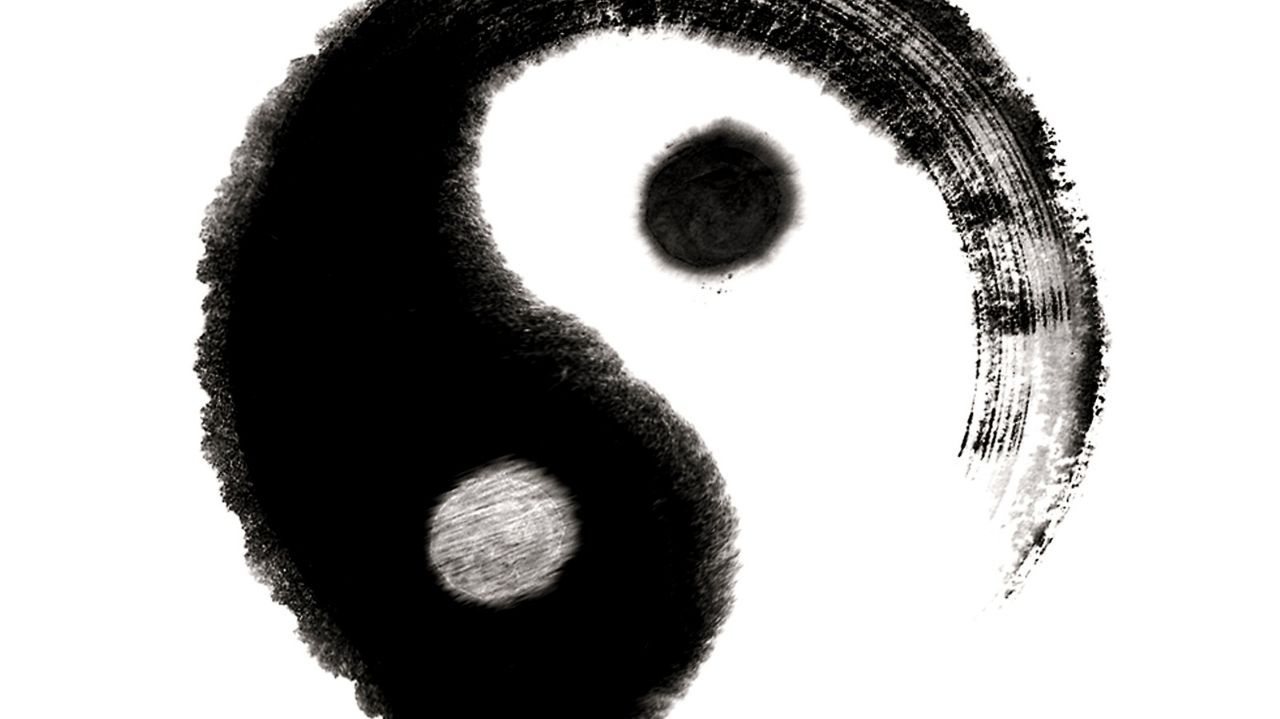When the yin and yang become opposing instead of complementary, the balancing act of life can break down. I once spoke with a traditional practitioner who explained how the Chinese philosophical concept of contrary forces is not just theory but a guide for daily practices. He showed me the symbol of black and white, saying it reflects how the universe keeps its flowing order through interconnected energies.
In Taoist views, when yang pushes too strongly, the qi or energy stream rushes through channels and meridians in a way that strains vital organs. I saw this firsthand with a therapist who treated a patient suffering from ill-health linked to diet, mindset, and lifestyle regime that were far from healthy. The patient’s emotional and physical health both declined because the flow was no longer harmonious or balanced.
Even ancient medicine noted how too much yang could unsettle the body. I recall David James Lees, a modern monk and practitioner, highlighting how healthy living requires attention not just to food but to breathing, mindset, and daily routine. Without this, the complementary forces of yin and yang stop working together, leaving the life flow broken and the person vulnerable.
Balancing your yin

When yin in the body is low, you may notice physical signs of deficiency like dry skin, brittle hair, or a dry throat and eyes. At night, sweats or difficulty sleeping may show up, while tight, aching muscles can make the body and mind struggle to settle and rest. I’ve personally seen how these bodily functions get disrupted when balance slips.
The emotional signs of deficiency often reveal themselves as irritability, feeling unsettled, or being unable to relax. These feelings of frustration and anger can take a toll. On the other hand, signs of yin excess like fatigue, depression, constant muscle aches, a stuffy nose, or fluid retention may also appear if the qi energy doesn’t flow well.
To support balance, yin-strengthening foods can be a big help. For yin deficiency, try cooling foods such as apples, bananas, pears, strawberries, broccoli, cabbage, aubergine, spinach, swiss chard, celery, soybeans, buckwheat, sesame oil. A Chinese doctor like Kate Brindle (katiebrindle.com) often suggests adding cold foods—papaya, watermelon, grapefruit, tomatoes, asparagus, cucumbers, summer squash, romaine lettuce, seaweed, barley, tofu. At the same time, limit stimulating food and drinks like sugar, alcohol, caffeine, and avoid pungent foods such as chilli and ginger, which create heat in the body. I once followed advice from David, co-founder of an integrative complementary health centre, and learned through Wu Wei wisdom (wuweiwisdom.com) to reduce intake, skip large meals, and instead have smaller meals more often to avoid blocking the digestive system.
Balancing your yang

When yang energy is too high, it can strongly affect the body by creating overstimulation. I’ve noticed in my own practice that its stimulating and warming qualities can push the qi beyond balance, leaving the body restless instead of steady. While some physical strength and stamina feel good, excess often drains the bodily functions.
Too much yang may show through physical signs like high blood pressure, skin rashes, hot flushes, or even persistent lower back pain. I have also seen how poor circulation and disturbed digestion become more common when the body struggles to adjust. Unlike a yang deficiency, where coldness, sluggish movement, and deficiency symptoms appear, excess heat creates a different discomfort.
The emotional signs of deficiency—such as feeling demotivated, hopelessness, or fearfulness—remind me of times when people lose their power and inability to cope with daily life challenges. While both excess and yang deficiency create imbalance, keeping physical and emotional energy aligned is key to restoring harmony.
Signs of yang excess: Headaches

When I’ve seen people struggle with headaches caused by too much yang, it often connects to diet. Eating too many warming foods like cayenne pepper, fresh or dried ginger, soybean oil, cinnamon, black chilli powder, horseradish, or even heavy meats like lamb, can push the body out of balance. Strong flavors from green and red peppers, mustard greens, onion, and garlic also add heat.
To ease this, I always tell my clients to steer clear of excessive amounts of cold raw food, especially raw salads, heavy vegetables, or chilled drinks. These can worsen both yang deficiency and excess if not managed well. Personally, I found that when I learned to avoid foods that were too heating and balance them with lighter choices, the headaches became less frequent. Even David, a friend of mine, noticed the same after reducing spicy meals.
Lifestyle hacks for balancing qi

I’ve learned that eating well is not just about food but also about creating space for stress relief. Small remedies like gentle exercises are crucial in helping the body and mind to harmonise the opposing forces of yin and yang. In my own practice, I found that when excessive strenuous exercise left me drained, switching to gentle forms of exercise was far more recommended.
Practices such as qigong, tai chi, yoga, and even mindful walking are great examples of how to restore qi energy. Just 10 to 15 minutes a day can help rebalance qi energy. I like to combine this with breathing exercises like the “one minute rescue breath,” a calming ritual shared by Kate on hayoumethod.com. This instant, effortless defence quickly restores the parasympathetic nervous system, calms the mind, lowers heart rate, and deeply oxygenates blood, which often overrides emotional negativity.
When I feel stressed or anxious, I notice how everyday pressures affect my qi balance. That’s when I remember David’s advice: set aside time every day for self-enquiry. This kind of active meditation lets me dig deeper into thoughts and beliefs that cause reoccurring emotional upsets. By doing this work, I can resolve underlying causes, build emotional resilience, and create a stronger emotional self-help toolkit for life’s challenges.





